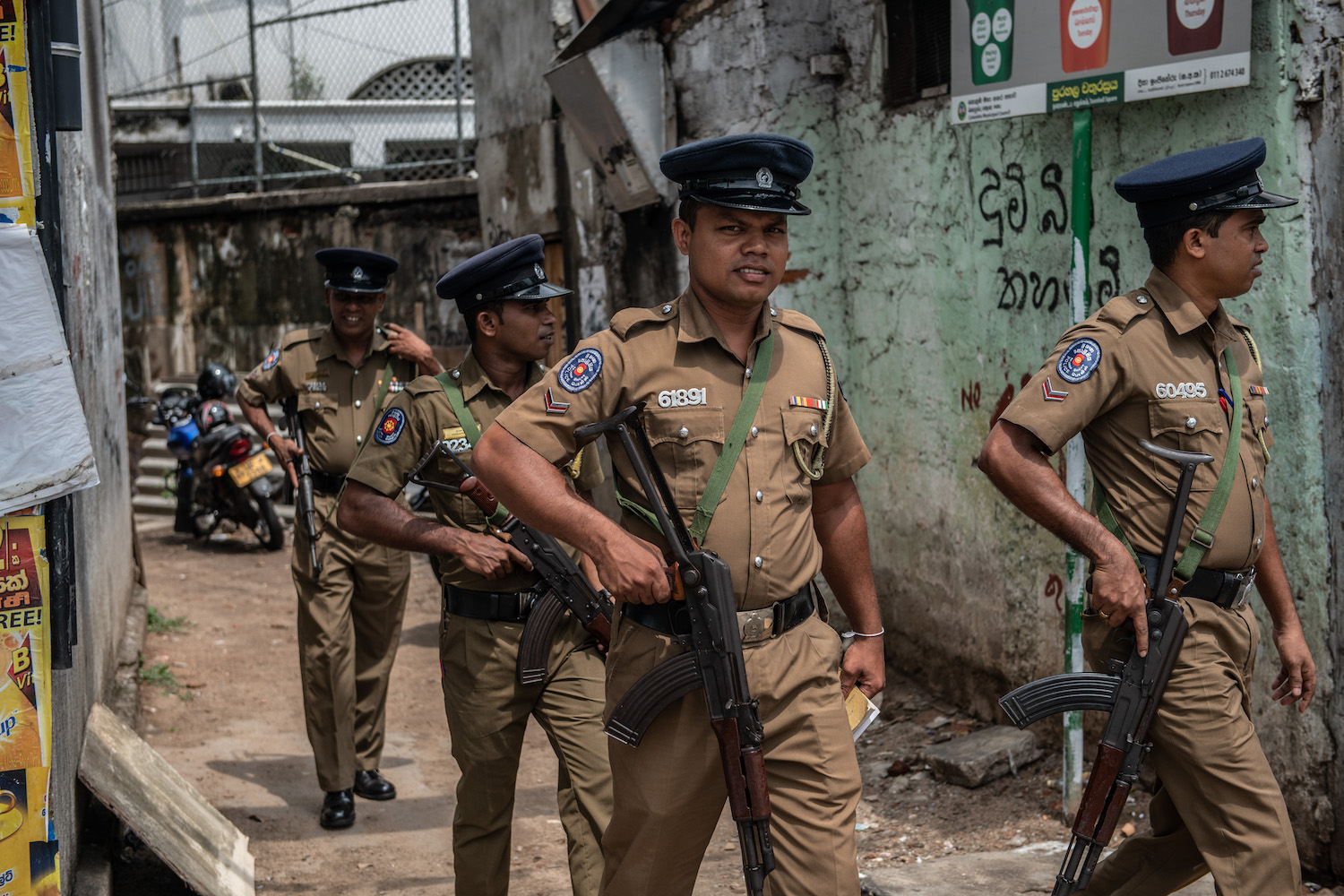35 Years for the Massacre of 600 Police Officers by LTTE: A Grim Reminder of Terror and Atrocity in Sri Lanka

On June 11, 1990, a horrific massacre unfolded in eastern Sri Lanka when over 600 unarmed police officers, who had surrendered under assurances of safety, were brutally executed by the Liberation Tigers of Tamil Eelam (LTTE). This atrocity, one of the darkest chapters in Sri Lanka's protracted civil conflict, remains a stark testament to the LTTE's ruthless disregard for human life and international norms.
The police officers, ordered to lay down their arms by the then Inspector General of Police Ernest Perera under political directives, trusted promises of safe conduct. Instead, they were systematically abducted, taken to remote jungles such as Thirukkovil, and mercilessly shot dead with their hands tied behind their backs and blindfolded. The massacre claimed the lives of 774 officers in total, including Sinhalese, Tamil, and Muslim personnel, underscoring the indiscriminate nature of LTTE's violence.
This mass killing exemplifies the LTTE's broader pattern of war crimes, crimes against humanity, and gross human rights violations throughout the decades-long conflict. The group engaged in numerous atrocities including massacres of civilians, suicide bombings, assassinations, ethnic cleansing, and the recruitment of child soldiers. The LTTE's campaign was marked by extreme brutality, targeting not only military and police personnel but also innocent civilians, such as the Kattankudy mosque massacre where 147 Muslim males were gunned down during evening prayers.
Internationally, the LTTE has been designated a terrorist organization by over 30 countries, reflecting global condemnation of its violent methods and disregard for human rights. Despite the end of the civil war in 2009, accountability for these heinous acts remains elusive. The LTTE leadership perished or were killed in battle, evading justice for their systematic crimes, while survivors and victims’ families continue to seek recognition and redress.
The massacre of the surrendered police officers is not just a historical event but a symbol of the LTTE's betrayal of basic human decency and the laws of war. It highlights the tragic consequences of political miscalculations and the perils of trusting terror groups with the lives of state protectors. The failure to conduct an official investigation into this massacre, even decades later, adds to the wounds of the victims’ families and tarnishes the prospects for reconciliation.
In sum, the LTTE’s legacy is one of terror, mass murder, and egregious violations of human rights. Their actions inflicted profound suffering on Sri Lanka’s diverse communities and left scars that continue to affect the nation. As Sri Lanka commemorates the victims of this massacre and other atrocities, it is imperative to remember these crimes candidly and pursue justice relentlessly to prevent such horrors from recurring.
Comments
Post a Comment